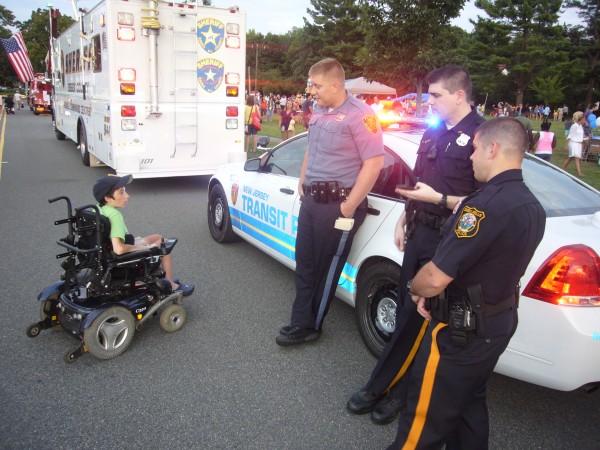It has been an honor for me to serve American law enforcement over the last 20 years with presentations and published works.
These works have addressed critical issues including leadership development, violence prevention, and crisis management.

It has been an honor for me to serve American law enforcement over the last 20 years with presentations and published works.
These works have addressed critical issues including leadership development, violence prevention, and crisis management.